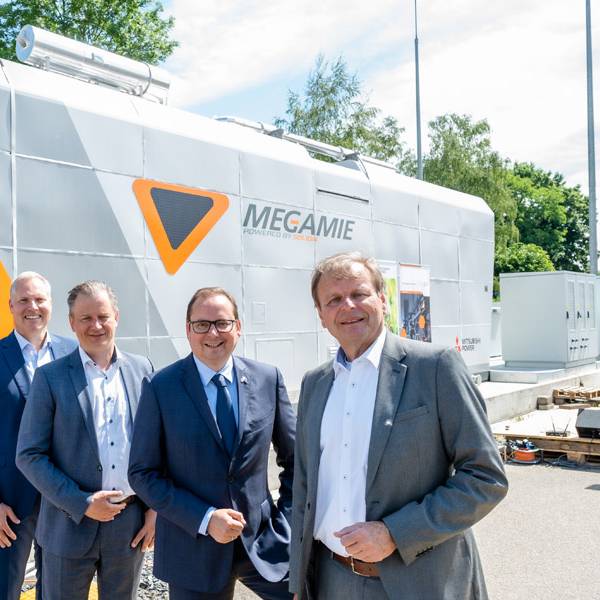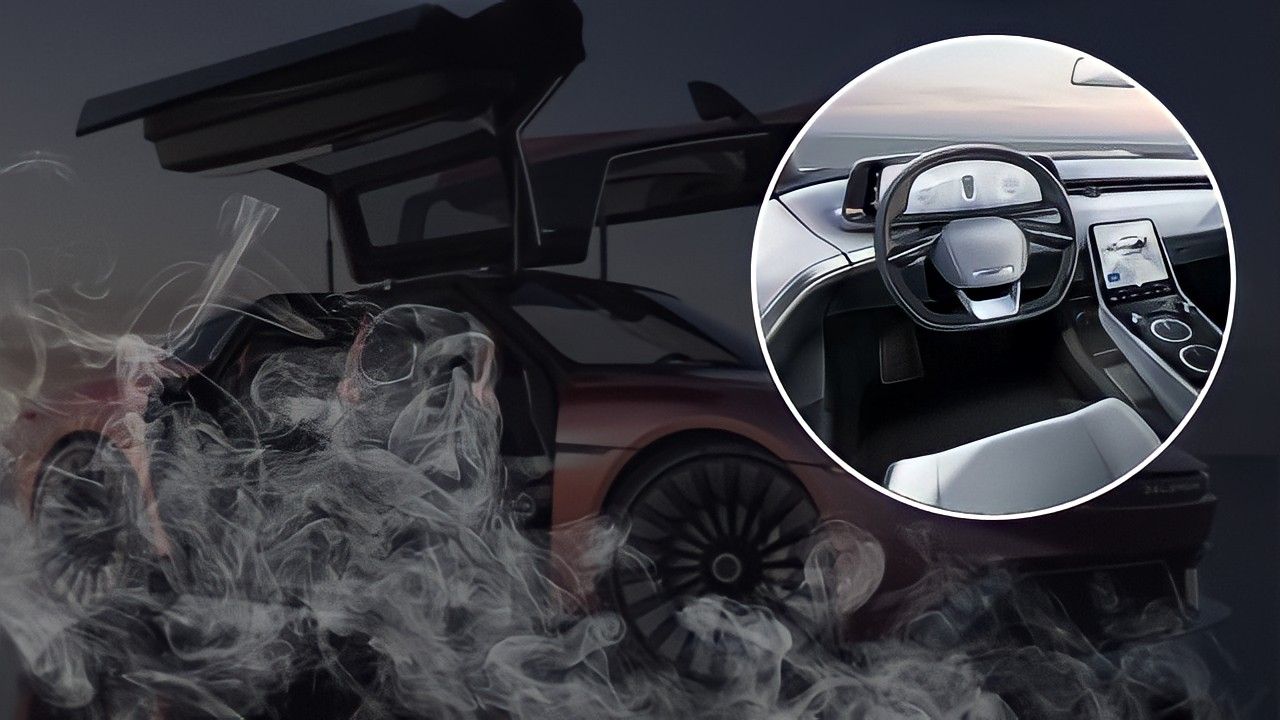Published: Friday, 06/03/2022 15:03
A new technology is being tested in Essen to generate electricity from gas or hydrogen. At the same time, the system also produces heat. So far, such devices are only available in Asia. This is how the technology works.
Essen relies on progress – new technology for power generation
A new technology for power generation is now being tested and researched in Essen on Hafenstrasse in Bergeborbeck. A hybrid SOFC system was put into operation at the Gas and Heat Institute (GWI). This is an efficient power generator using solid oxide fuel cells and a micro gas turbine. Electricity is generated from gas mixed with hydrogen through an electrochemical reaction. This produces hot exhaust gases, from which the micro gas turbine generates heat. The electricity and heat will be used in the institute in the future. If the system generates too much electricity, it will be released into the general power grid.
Test operation in Essen
The GWI is now testing operation with different fuels such as LNG, biogas and regeneratively produced fuel gases. Around 20% hydrogen is already being added today, and GWI is researching how this proportion can be increased in cooperation with the manufacturer of the plant, Mitsubishi.
In the long term, such systems can fill the gaps in the power supply that arise when there is too little wind or solar systems generate too little energy. However, they can also be used to continue supplying hospitals and companies with electricity in the event of a power failure. As long as there is sufficient fuel such as gas or hydrogen, they can produce electricity and heat.
Essen with power generation that is unique in Europe
The technology was developed by the Japanese company Mitsubishi and so far such systems are only available in Asia. The plant in Bergeborbeck is the first outside of Asia and is therefore unique in Europe. The system is also an object of interest if other companies are interested in such a system. The construction of the plant took about a year and is considered a flagship project. It should also help to save more CO2 in the future. The system was financed with funds from the state of North Rhine-Westphalia. The construction of the facility cost around 6 million euros.
Other topics from Essen:
—


